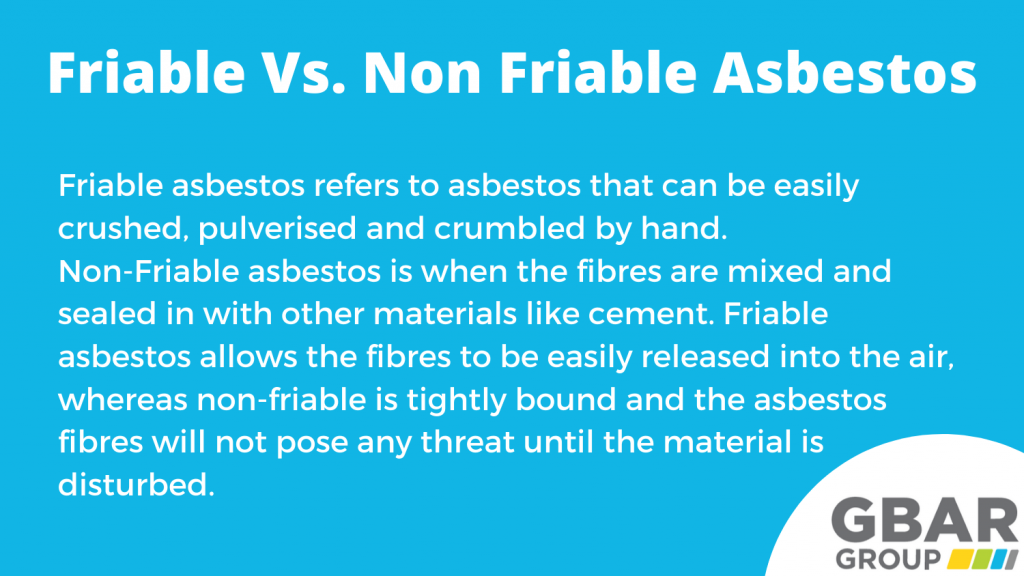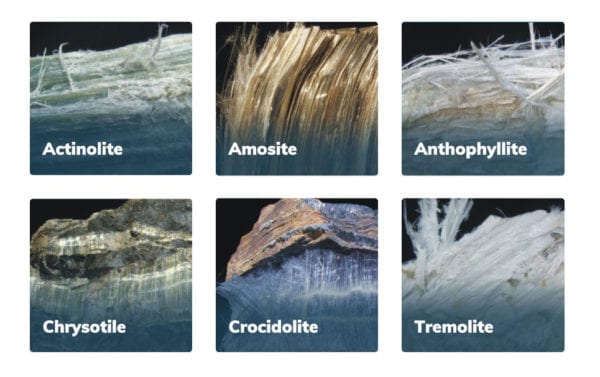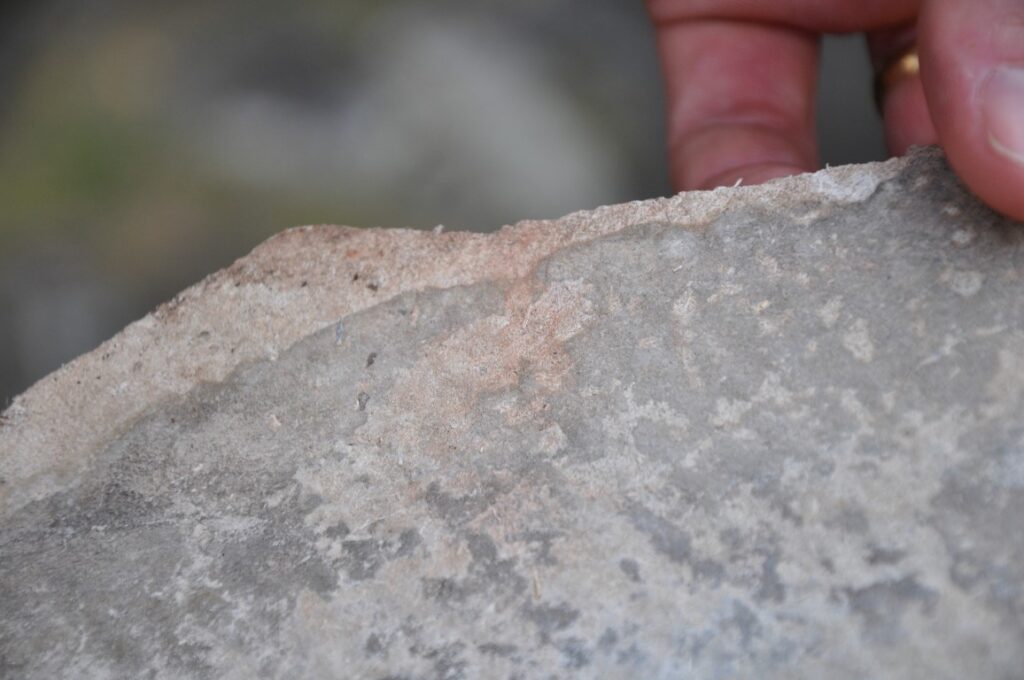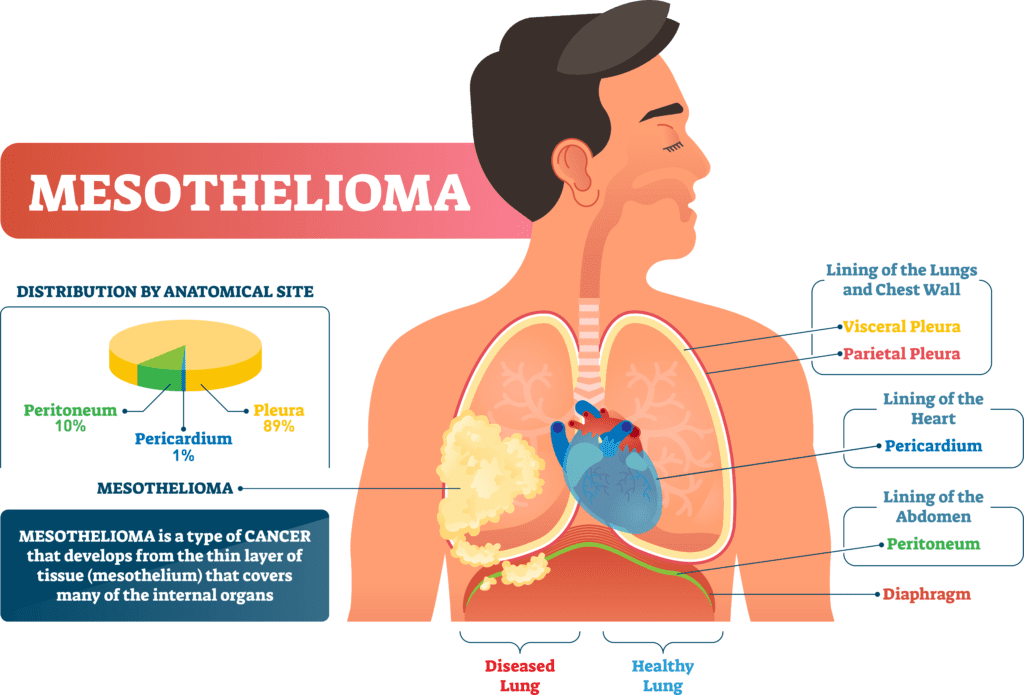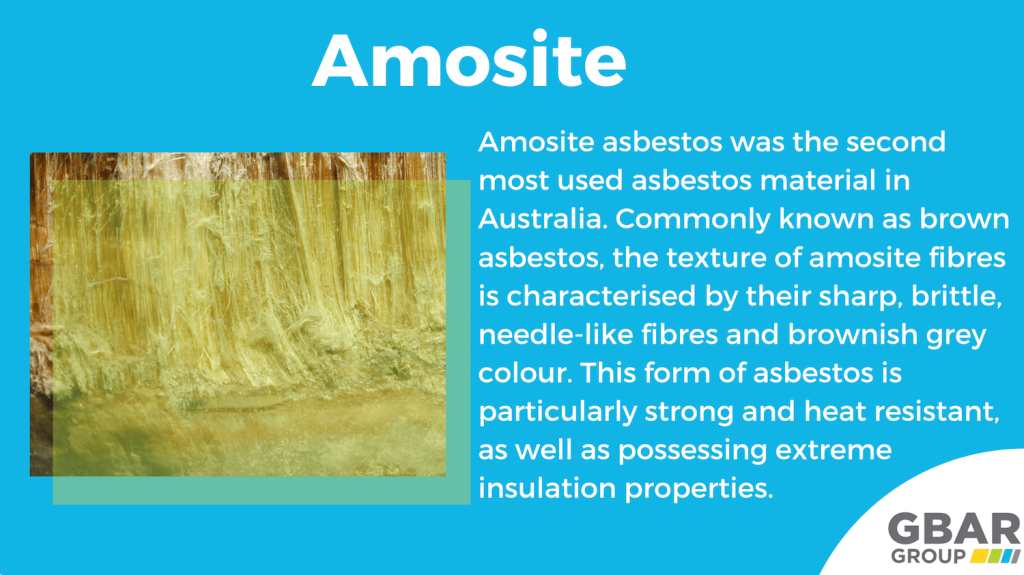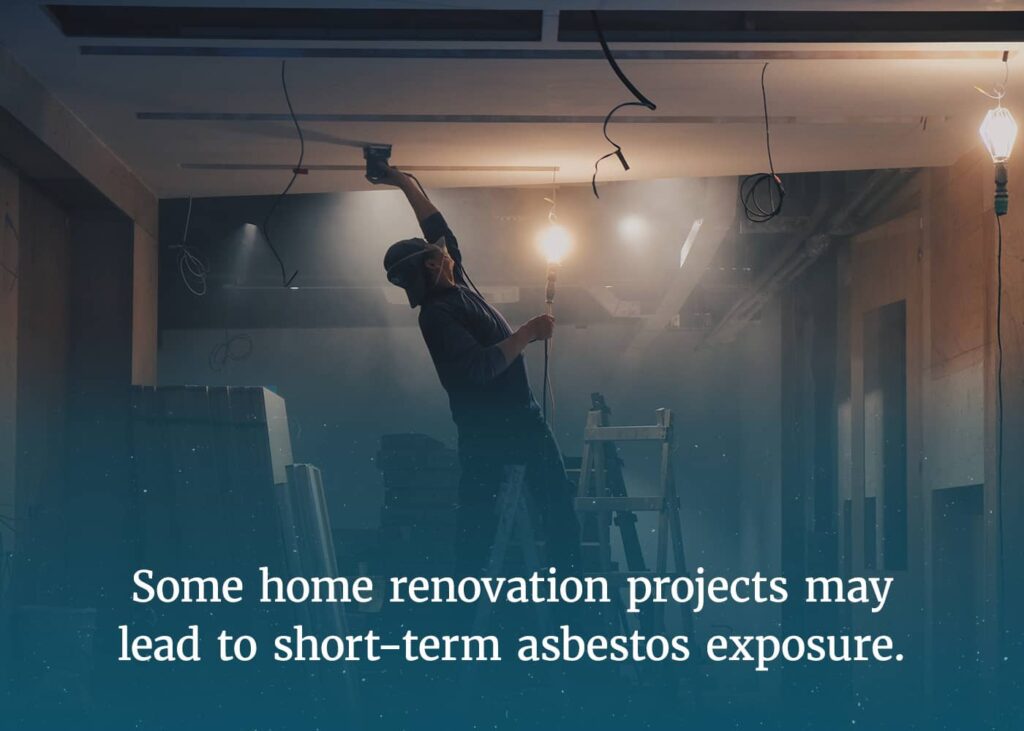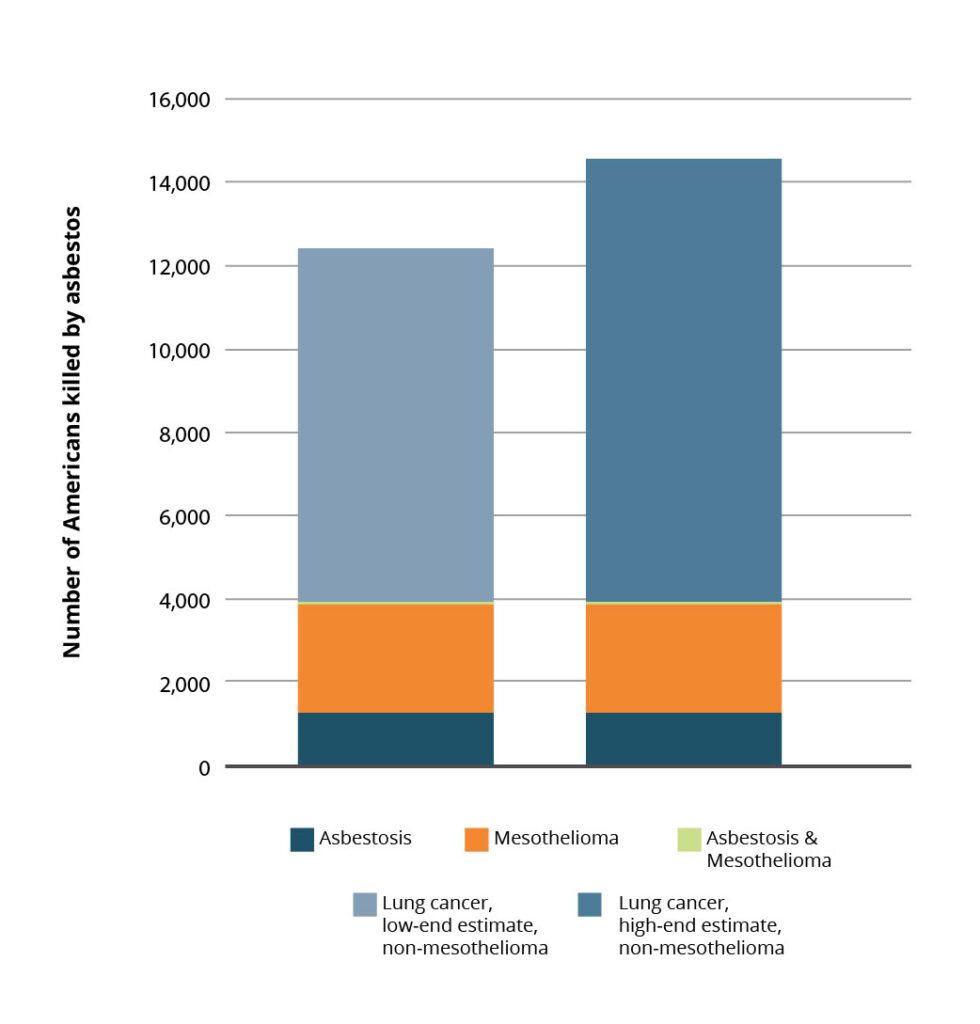When it comes to purchasing a house, there are certain deal breakers that can instantly make you think twice about your decision. One of these deal breakers is asbestos. With its notorious reputation for causing serious health issues, many buyers wonder if the presence of asbestos should automatically cross a potential house off their list. In this article, we will explore the potential risks associated with asbestos in homes and whether it should be a deal breaker for homebuyers.
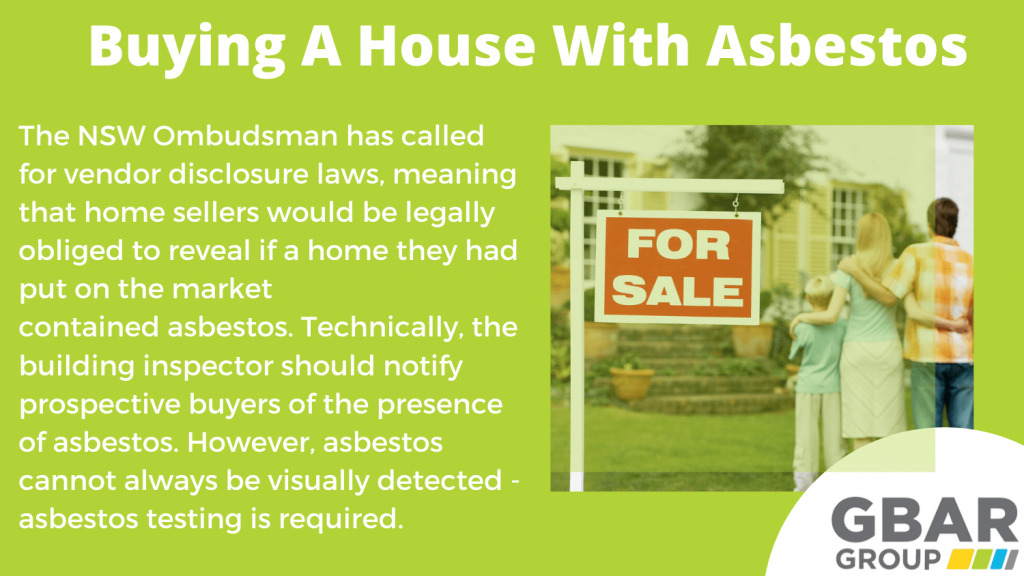

What is Asbestos
Definition of Asbestos
Asbestos is a naturally occurring mineral that was widely used in construction and various industries throughout the 20th century. It is known for its fire resistance, durability, and insulating properties. Asbestos fibers are microscopic and can easily become airborne, posing a serious health risk when inhaled.
History of Asbestos
The use of asbestos dates back thousands of years, with its fireproofing and insulating properties being recognized by ancient civilizations. However, it wasn’t until the Industrial Revolution that asbestos use became widespread. In the 20th century, its popularity soared due to its versatility and cost-effectiveness. Unfortunately, it was not until the late 20th century that the health risks associated with asbestos exposure were fully understood.
Common Uses of Asbestos
Asbestos was used in a wide range of products, particularly in the construction industry. It was commonly used for insulation in walls, floors, and ceilings, as well as in pipes, boilers, and roofing materials. Asbestos was also used in vehicle parts, such as brake pads and clutch plates, and in various consumer products like appliances and textiles.
Health Risks of Asbestos
Respiratory Diseases
Exposure to asbestos fibers can lead to debilitating respiratory diseases, including asbestosis, a chronic lung condition characterized by scarring of lung tissue. Asbestosis can cause shortness of breath, coughing, and chest pain. Prolonged exposure to asbestos can also lead to the development of pleural plaques, thickening of the pleura, which is the lining surrounding the lungs.
Cancer
One of the most significant health risks associated with asbestos exposure is the development of cancer. Inhalation of asbestos fibers can increase the risk of lung cancer, mesothelioma, and cancers of the larynx and ovaries. Mesothelioma, in particular, is a rare and aggressive cancer that affects the lining of the lungs, abdomen, or heart. These diseases often have a long latency period, with symptoms appearing years or even decades after exposure.
Other Health Effects
Aside from respiratory diseases and cancer, asbestos exposure has been linked to other health effects. These include an increased risk of gastrointestinal cancers, such as colorectal cancer, and certain autoimmune diseases, such as systemic sclerosis. Studies have also suggested a possible link between asbestos exposure and an increased risk of kidney and bladder cancers.
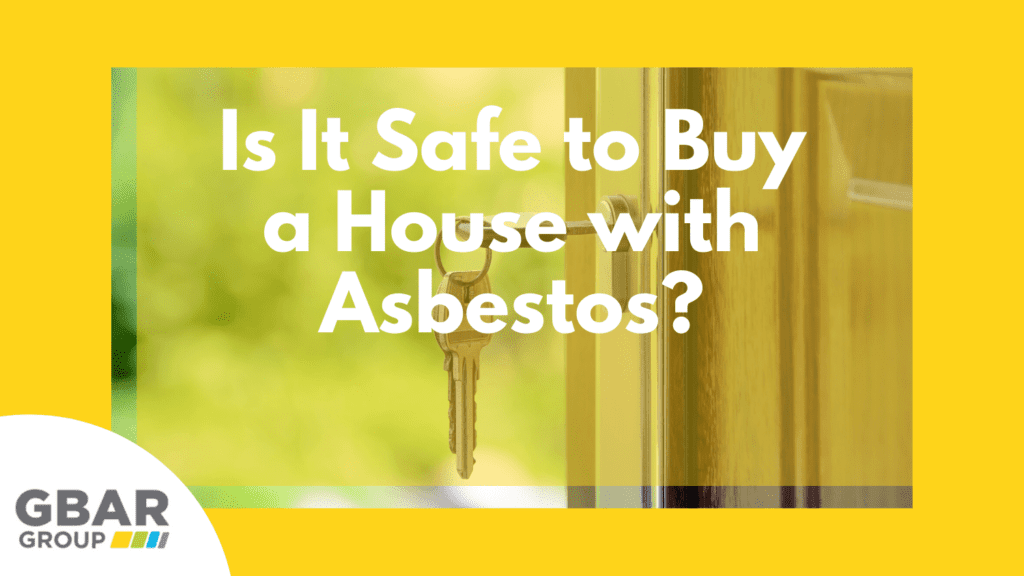

Identifying Asbestos in a House
Asbestos Inspections and Testing
To determine whether a house contains asbestos, it is necessary to conduct a thorough inspection and testing by a certified asbestos professional. They will evaluate the structure and take samples of materials suspected to contain asbestos. These samples are then sent to a laboratory for analysis. It is crucial to hire a qualified professional to ensure accurate identification and assessment of asbestos-containing materials.
Common Areas where Asbestos is Found
Asbestos can be found in various areas of a house, especially in those built or renovated before the 1990s. Common areas where asbestos may be present include:
- insulation materials around pipes, boilers, and ductwork;
- floor and ceiling tiles;
- popcorn ceilings;
- attic insulation;
- textured paints and coatings;
- roofing materials, such as shingles and felt;
- cement boards and pipes;
- electrical wiring insulation.
It is important to note that asbestos may not always be visible, and professional testing is the most reliable way to determine its presence.
Legal Regulations and Disclosure
Laws and Regulations Regarding Asbestos
There are numerous laws and regulations in place to regulate the use, handling, and removal of asbestos. These regulations aim to protect individuals from asbestos exposure and ensure safe practices during construction, demolition, and renovation projects. It is essential to familiarize yourself with the specific laws and regulations in your jurisdiction when dealing with asbestos.
Seller’s Disclosure Obligations
In many jurisdictions, sellers are legally obligated to disclose the presence of asbestos in a house to potential buyers. This disclosure is typically made through a formal statement or disclosure form, outlining the known presence of asbestos-containing materials and any previous remediation or removal efforts. Sellers may also be required to provide documentation or reports from certified asbestos professionals.
Buyer’s Rights and Responsibilities
As a buyer, it is essential to exercise your rights and responsibilities when dealing with a property that may contain asbestos. These include:
-
Conducting due diligence: In addition to hiring a certified asbestos professional for inspection and testing, it is crucial to thoroughly research the laws and regulations in your area regarding asbestos disclosure, removal, and disposal.
-
Seeking expert advice: Consult with professionals, such as asbestos inspectors, contractors, and legal experts, to ensure you are well-informed about the potential risks, costs, and implications associated with buying a house with asbestos.
-
Negotiating terms: Based on the findings of the asbestos inspection, you may negotiate with the seller to account for any necessary asbestos removal or future costs associated with managing asbestos-containing materials.
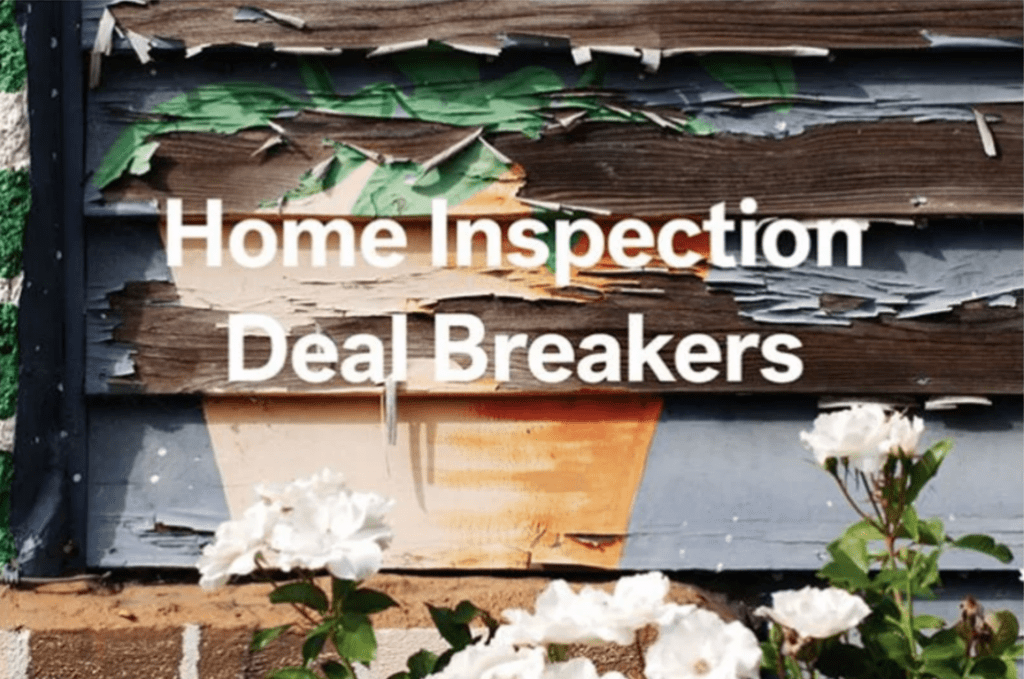

Costs and Implications of Removing Asbestos
Professional Asbestos Removal Services
Hiring a professional asbestos removal service is often recommended due to the potential health risks and complexities involved in asbestos removal. The cost of professional removal can vary depending on the size of the project, the extent of asbestos-containing materials, and the location of the house. It is essential to obtain multiple quotes from reputable contractors and ensure they are properly licensed and certified.
DIY Removal
While it is possible to remove small amounts of asbestos-containing materials as a do-it-yourself project, it is generally not recommended. Asbestos removal requires specialized knowledge, equipment, and safety protocols to minimize the risk of releasing asbestos fibers into the air. DIY removal can also be illegal in many jurisdictions, as proper disposal of asbestos is regulated to prevent further exposure.
Potential Renovation and Repair Costs
If asbestos is found in a house, additional costs may arise when planning renovations or repairs. Asbestos-containing materials may need to be professionally removed or encapsulated before completing the desired renovations. It is crucial to factor in these potential costs when evaluating the overall expenses associated with a house containing asbestos.
Alternative Options when Asbestos is Present
Asbestos Management and Encapsulation
In cases where asbestos-containing materials are in good condition and not posing an immediate risk, asbestos management and encapsulation may be an alternative to complete removal. This involves sealing or covering the asbestos-containing materials to prevent fiber release. However, regular monitoring and periodic assessments are necessary to ensure the integrity of the encapsulation and maintain a safe environment.
Monitoring and Periodic Assessments
When asbestos-containing materials are left in place, regular monitoring and periodic assessments are vital to identify any deterioration or damage. This can help ensure timely action is taken to address any potential risks and maintain a safe living environment. Certified asbestos professionals can conduct these assessments and provide guidance on appropriate management strategies.
Asbestos Health and Safety Plan
Developing an asbestos health and safety plan is crucial for properties with known asbestos-containing materials. This plan outlines procedures and precautions to be followed to minimize the risk of asbestos exposure for occupants and workers during any future renovations, repairs, or maintenance activities. It is recommended to consult with asbestos professionals to create a tailored plan for your specific situation.
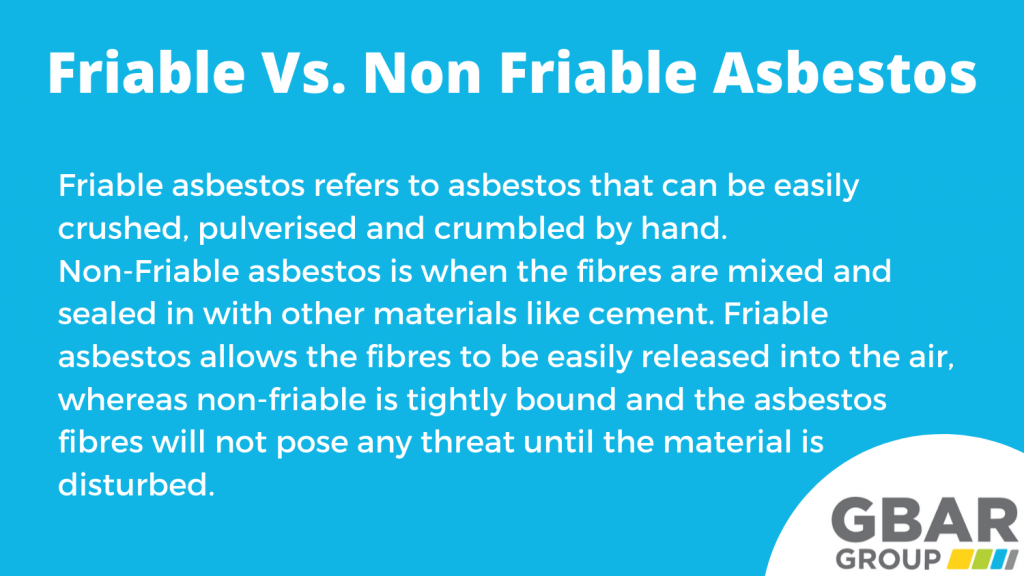

Asbestos and Home Insurance
Coverage Limitations and Exclusions
Home insurance policies often have limitations and exclusions regarding asbestos-related claims. Some policies may exclude coverage for asbestos-related damages or specify specific limitations on coverage amounts. Additionally, insurance companies may require additional documentation or inspections for houses known to contain asbestos. It is important to review your home insurance policy carefully or consult with your insurance provider to understand the extent of coverage concerning asbestos.
Insurance Premiums and Additional Costs
Insuring a house with known asbestos-containing materials may result in higher insurance premiums due to the increased risk associated with asbestos-related claims. Furthermore, additional costs may be incurred for inspections or documentation required by the insurance company. It is advisable to explore insurance options and consult with insurance providers to understand the potential impact on premiums and additional costs when asbestos is present.
Considerations for Buyers
Evaluate the Risk Level
When considering buying a house with asbestos-containing materials, it is essential to evaluate the risk level associated with the specific situation. Factors to consider include the condition of the asbestos-containing materials, the extent of exposure risks, and the presence of any immediate health concerns. Consulting with asbestos professionals can help assess the potential risks and guide your decision-making process.
Consult Professionals
Engaging professionals, such as asbestos inspectors, contractors, and legal experts, is crucial when dealing with a house that may contain asbestos. These professionals can provide expert advice, guide you through the process of asbestos inspections and testing, and help evaluate the costs and implications associated with managing or removing asbestos-containing materials.
Negotiating the Deal
Based on the findings of the asbestos inspections and assessments, you may consider negotiating the terms of the deal with the seller. This can include discussing potential asbestos removal or management costs and factoring them into the purchase price or terms of the agreement. Professional advice can be invaluable in ensuring a fair and informed negotiation process.
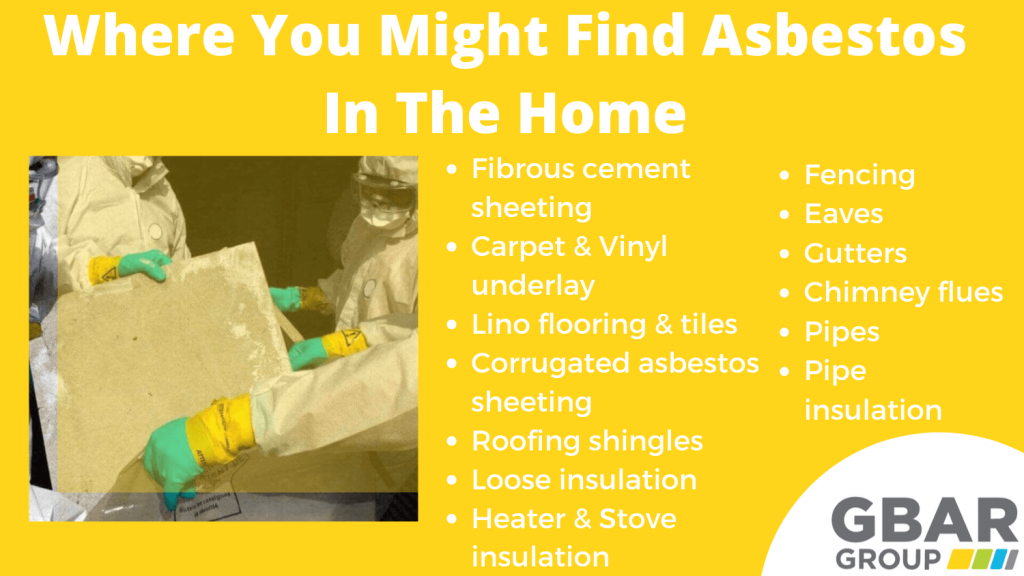

Asbestos and Property Value
Impact on Property Value
The presence of asbestos-containing materials in a house can affect its value. Potential buyers may be hesitant to purchase a property with asbestos due to health concerns and the associated costs of managing or removing asbestos. Buyers may negotiate a lower purchase price or demand that asbestos remediation costs be factored into the deal. However, the impact on property value will vary depending on factors such as location, market conditions, and the extent of asbestos-containing materials.
Selling a House with Asbestos
If you own a house with known asbestos-containing materials, selling it can present some challenges. Providing accurate disclosure about the presence of asbestos is crucial to meet legal requirements and ensure transparency with potential buyers. It is advisable to consult with professionals, such as real estate agents and legal experts, to navigate the selling process effectively and mitigate any potential complications.
Conclusion
Asbestos, once widely used in construction and various industries, poses significant health risks when its fibers are inhaled. Buying a house with asbestos-containing materials requires careful consideration, thorough inspections, and professional advice to understand the risks and potential costs involved. While asbestos may not necessarily be a deal breaker, it is crucial to be aware of the health implications, legal regulations, financial considerations, and suitable management options when dealing with a property that contains asbestos. By educating yourself and seeking expert guidance, you can make informed decisions and ensure the safety and well-being of you and your loved ones in a house with asbestos.

